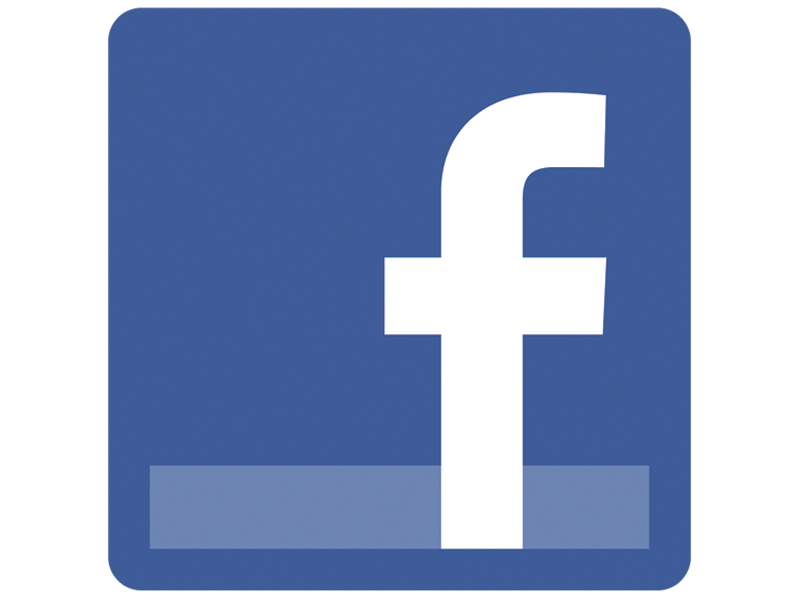Why Facebook is the Windows of the internet
A strategy of "ha ha! We're the only game in town!" will bite you in the backside

It seems that Facebook doesn't have as many friends as it would like: according to figures released yesterday, while the site is growing overall it's losing users in the US and the UK.
Facebook has issued a carefully worded statement that casts doubt on the reliability of the figures, although the firm hasn't actually denied that it's losing users; it's "very happy with its growth". The figures could be the result of a seasonal drop.
I don't think that's the case, though. Nothing lasts forever, and Facebook's explosive growth is no exception. I called it far too early - back in 2009, in fact- but social networks' growth depends on everybody adding friends. When everybody is online, there are no more friends to add.
As I wrote previously: "Once you've added everybody you can think of, including people you'll later regret adding, you tend to stop sending invites. The fun wears off, you update your status less frequently, you get fed up fending off stupid requests to use stupid applications, and you start looking for a new playground."
It didn't happen in 2009, and it might not be happening just yet. But sooner or later, Facebook will reach market saturation. And when that happens, it's going to have to clean up its act.
Shaduppa your Facebook
Firms experiencing constant growth can get away with a lot. For every person they annoy, they sign up dozens of new recruits. It's the budget airline effect: for every person who vows never to fly with you again, there's a dozen newcomers going "ooh! That's quite cheap!"
Get daily insight, inspiration and deals in your inbox
Sign up for breaking news, reviews, opinion, top tech deals, and more.
Social networks also benefit from lock-in. I hate Facebook: I hate its horrible UI, its overly complex privacy settings, its photo albums, the algorithm that seems hell-bent on hiding important and interesting updates. Given the choice, I wouldn't use it. Unfortunately I don't have a choice, because for now everybody I know does use it. Cutting off Facebook would mean cutting them off.
Sooner or later, though, a strategy of "ha ha! We're the only game in town!" will bite you in the backside.
Just ask Microsoft. Customers bitched about Windows, and they moaned about Windows, and they stuck with Windows because everybody else used it too. That left the door open for Apple, and today Apple is worth as much as Microsoft, HP and Dell combined.
Facebook isn't a public company yet, but if it does go public it'll have to deliver results to investors. That could make it even more annoying than it is already, and if it upsets enough people it could see existing users flee. Network effects work in reverse, too. Just ask MySpace.
An Apple to Facebook's Microsoft hasn't emerged yet, but it's just a matter of time.
Writer, broadcaster, musician and kitchen gadget obsessive Carrie Marshall has been writing about tech since 1998, contributing sage advice and odd opinions to all kinds of magazines and websites as well as writing more than a dozen books. Her memoir, Carrie Kills A Man, is on sale now and her next book, about pop music, is out in 2025. She is the singer in Glaswegian rock band Unquiet Mind.
